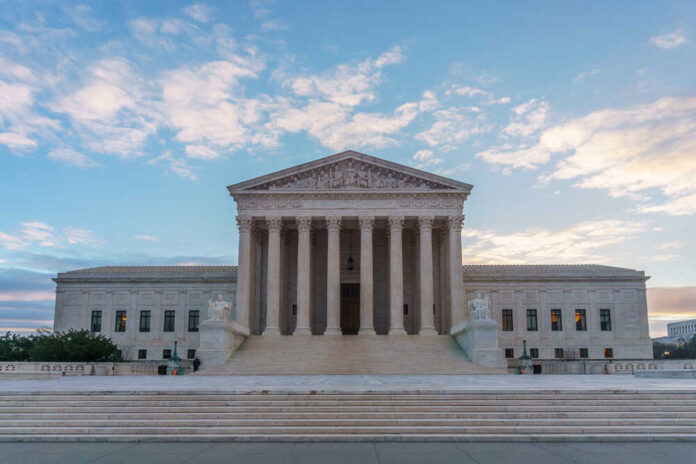
(HorizonPost.com) – Congress has begun to lose control of the administrative state and the Supreme Court has had to step in its place to make legislative decisions but has also failed to rein it in, according to The Libertarian Republic. In Chevron U.S.A., Inc. v. NRDC (1984), the Court gave a win to agencies when it decided that law was to be deferred to the agencies creating and interpreting it.
This case represented an abandonment of the principle that was established much later by the Ohio Supreme Court in 2022. The Court rejected [A]ll forms of mandatory deference” and maintained the concept of the separation of powers which affirms the court’s ability to interpret to law, rather than allow a federal agency to breach what is permitted and do it themselves.
But as the years have gone on, the United States federal government has continued to expand, primarily through the creation and expansion of unelected bureaucracies. Congress is a major source to blame for this, as it has deferred its power to agencies within the executive branch, according to American Pigeon.
“The result is an increasingly legislative executive in which unelected bureaucrats across 15 federal departments can make or change policy with almost no accountability from the people,” author Luke Lattanzi writes in the magazine’s latest “Republics” issue.
In 1946, Congress reportedly enacted the Administrative Procedure Act which was designed to give Congress the power to oversee agencies enforcing and creating regulations. But the agencies have since managed to circumnavigate that legislation to further increase their autonomy.
In the 76 years since its passing, Congress has failed in amending the act. The Ohio Supreme Court aside, the U.S. Supreme Court has reportedly continued Congress’ failure to rein them in. Since 1976, the unelected bureaucracy has issued 212,271 rules, and it controls almost every aspect of American society.
Copyright 2023, HorizonPost.com














